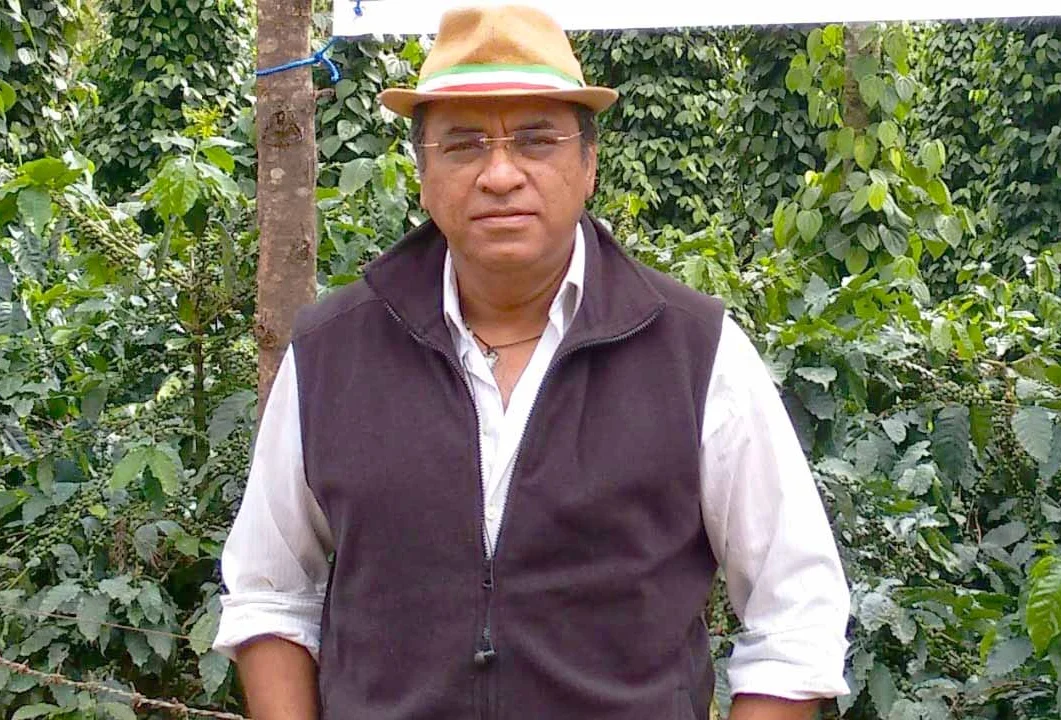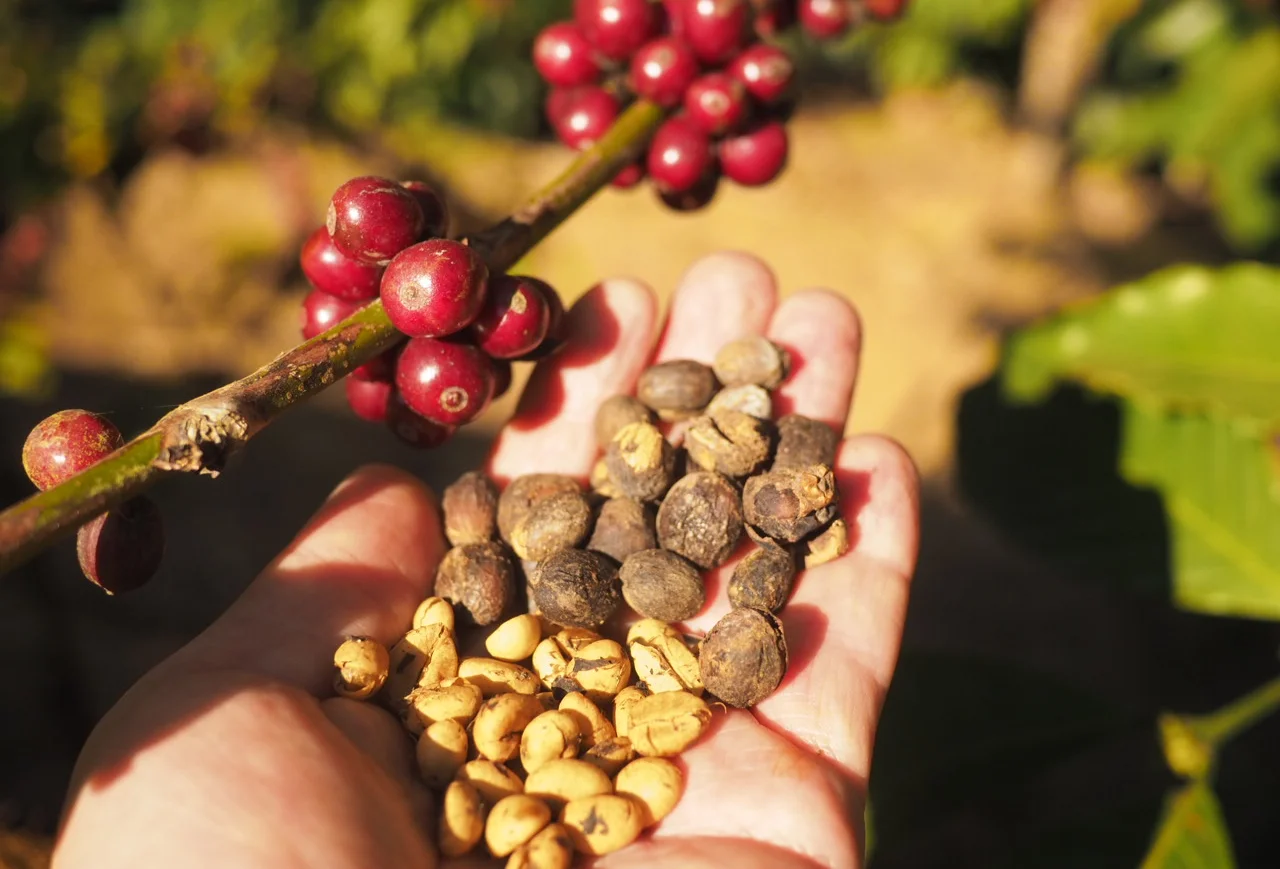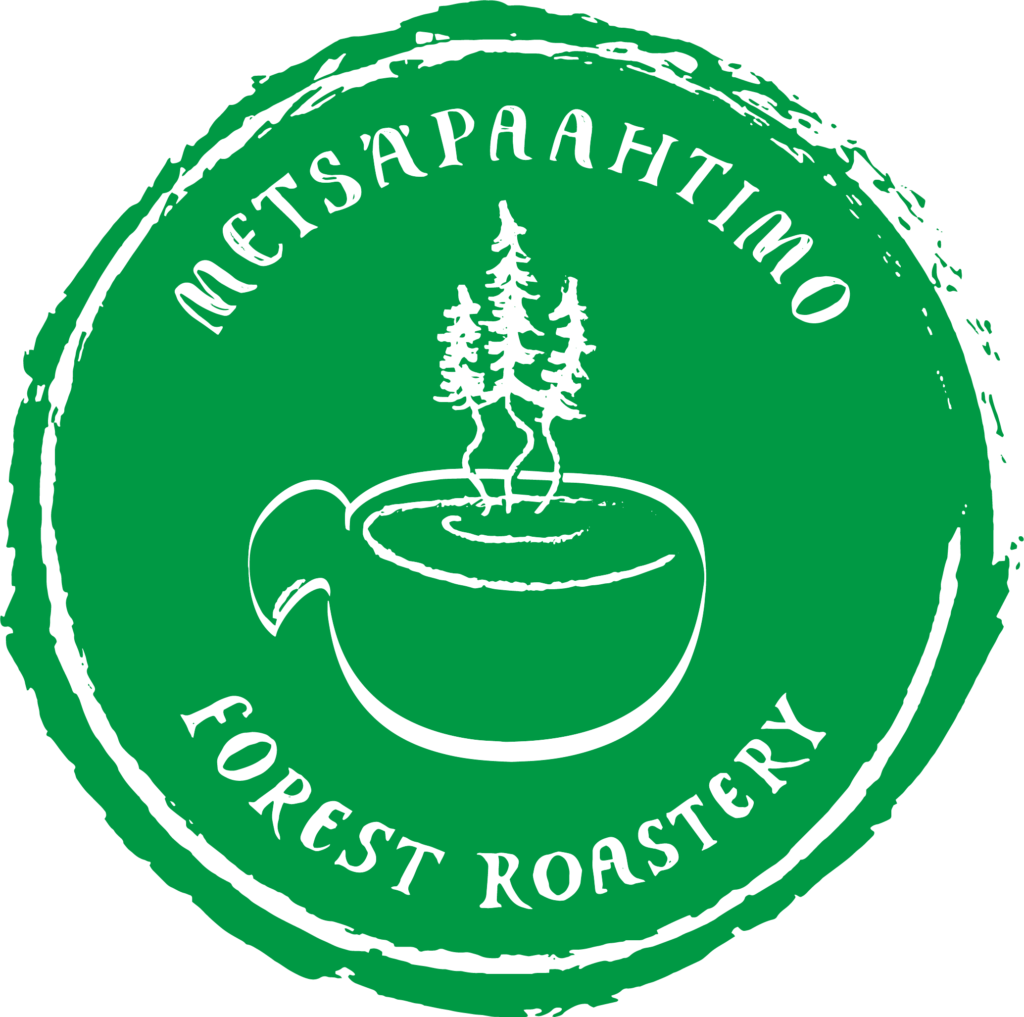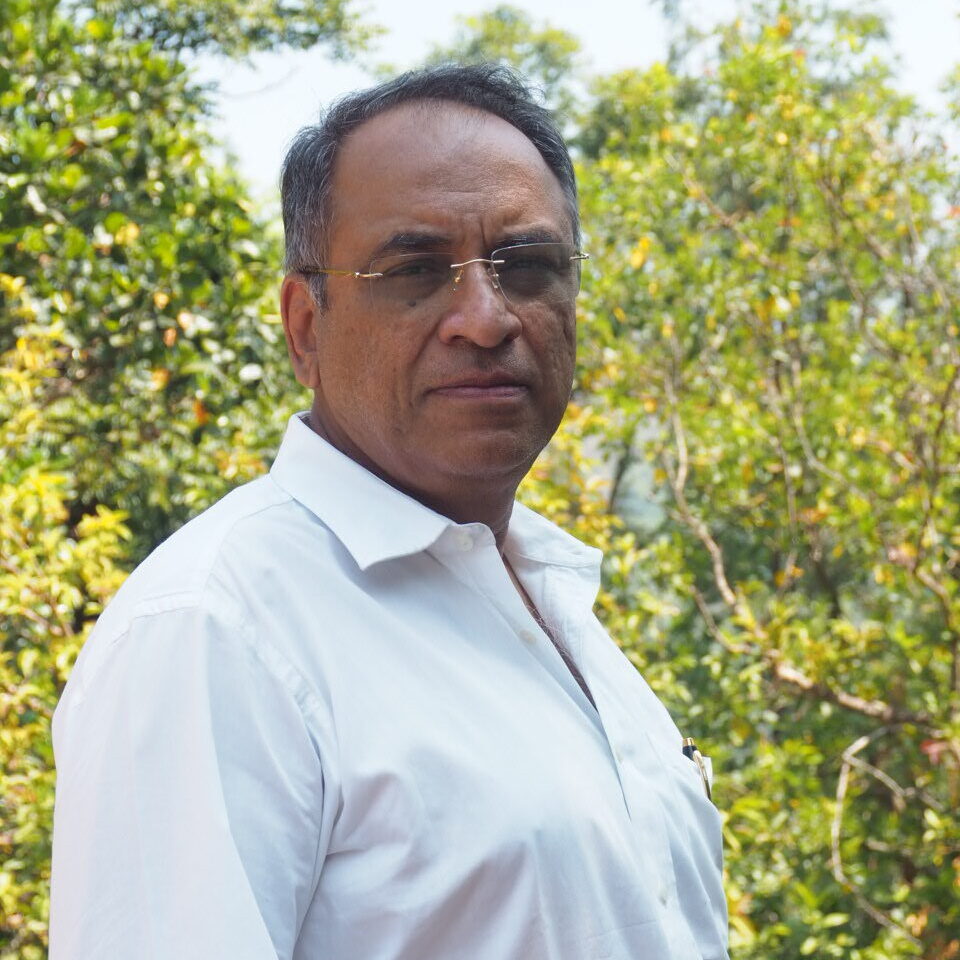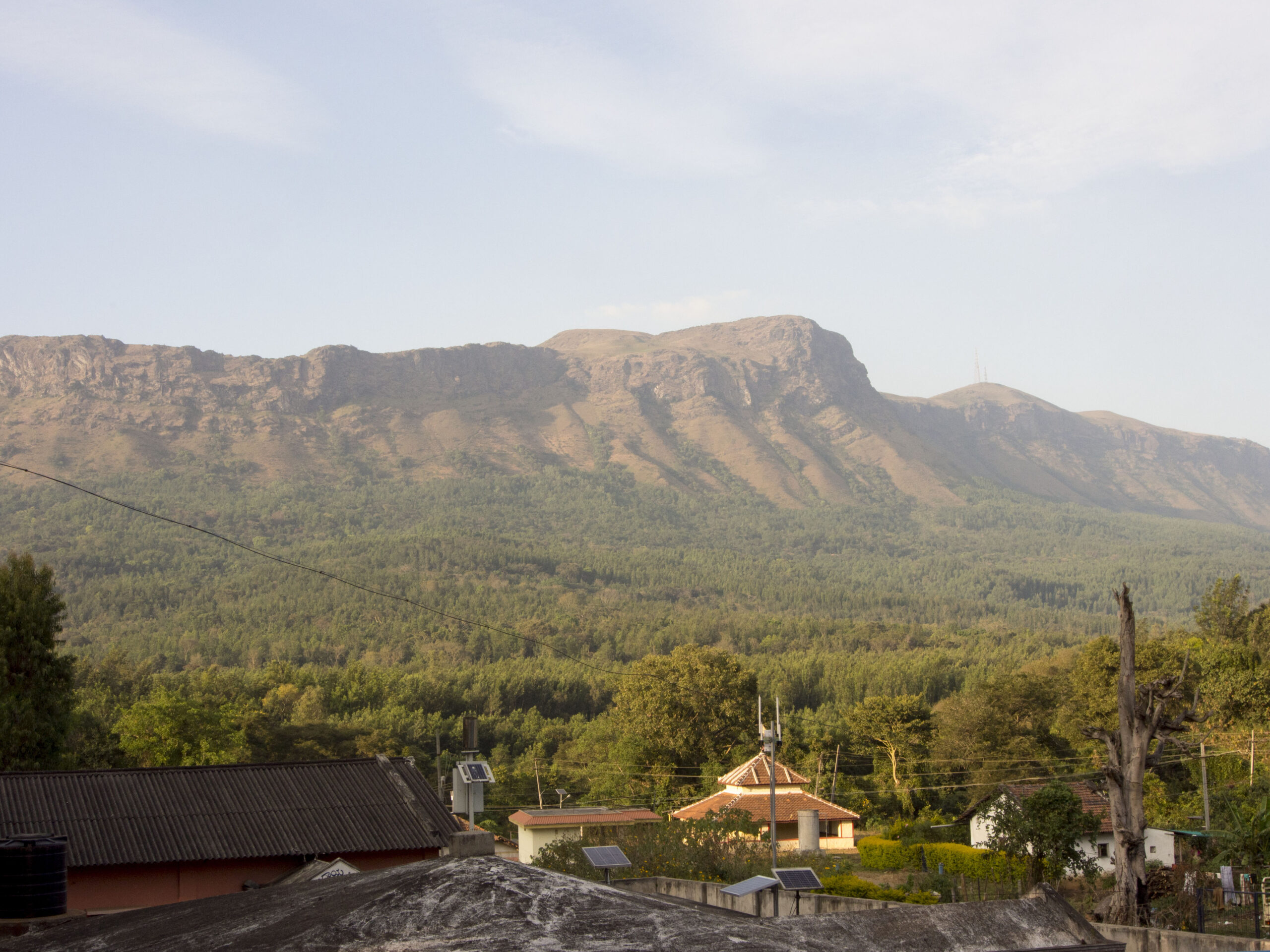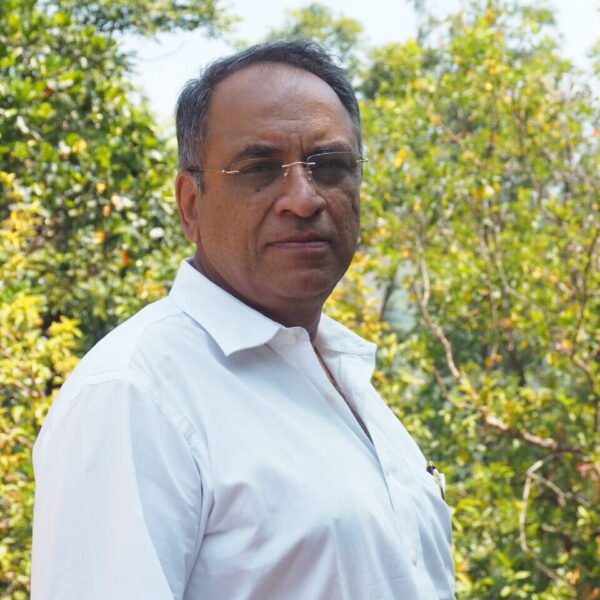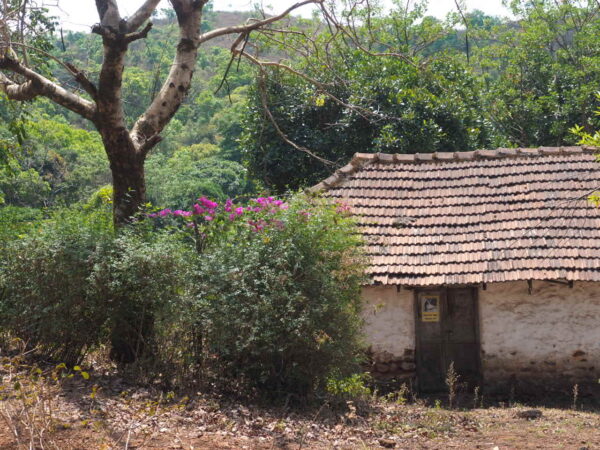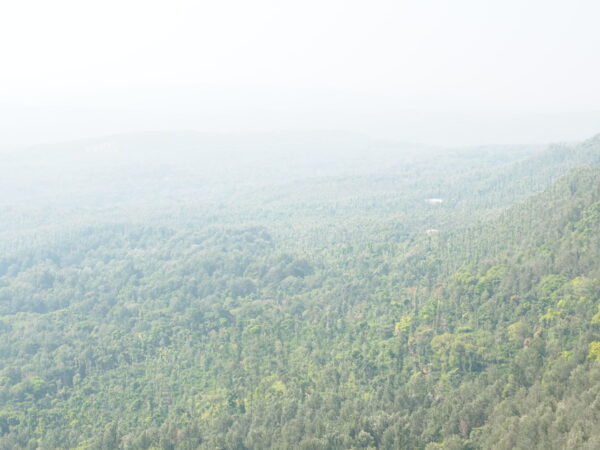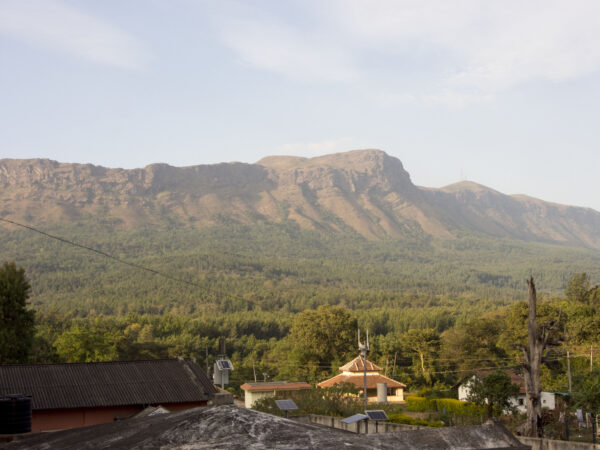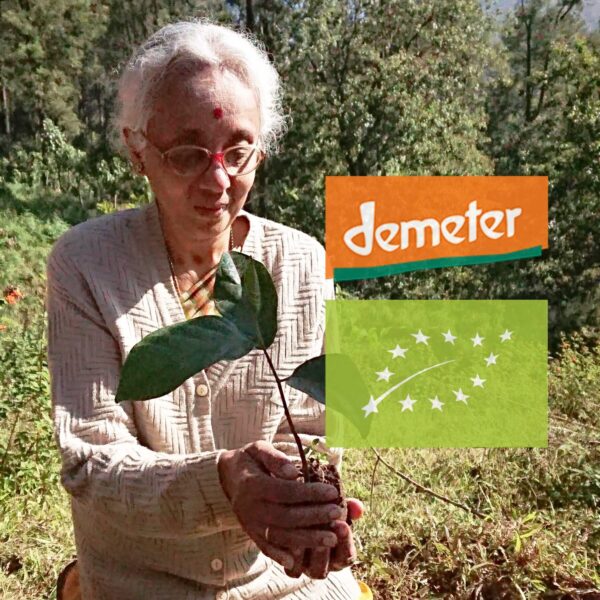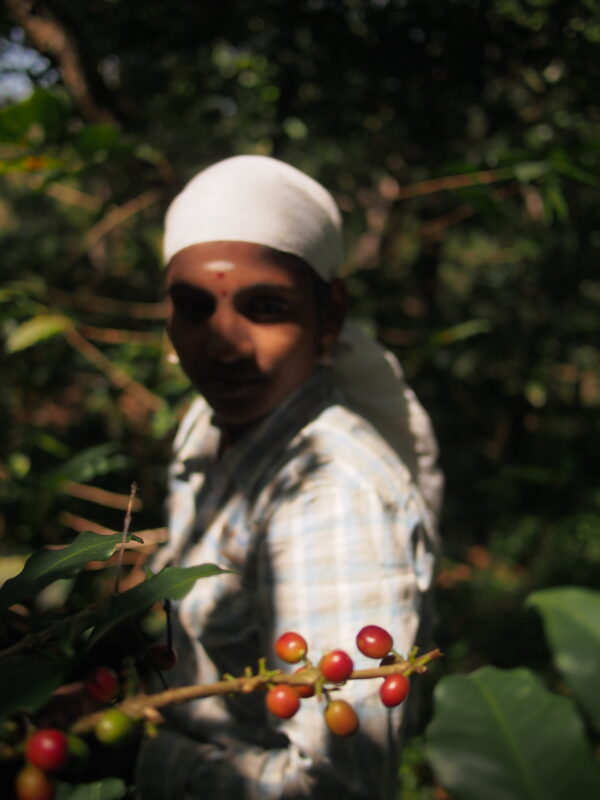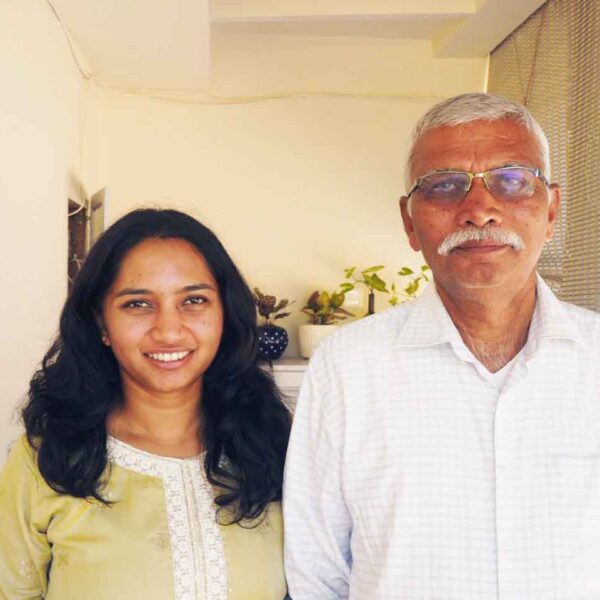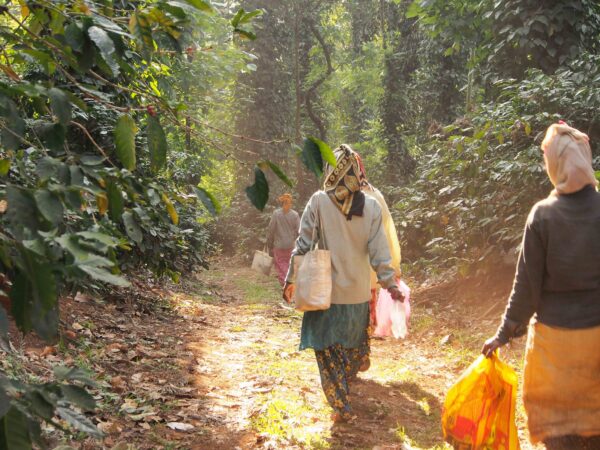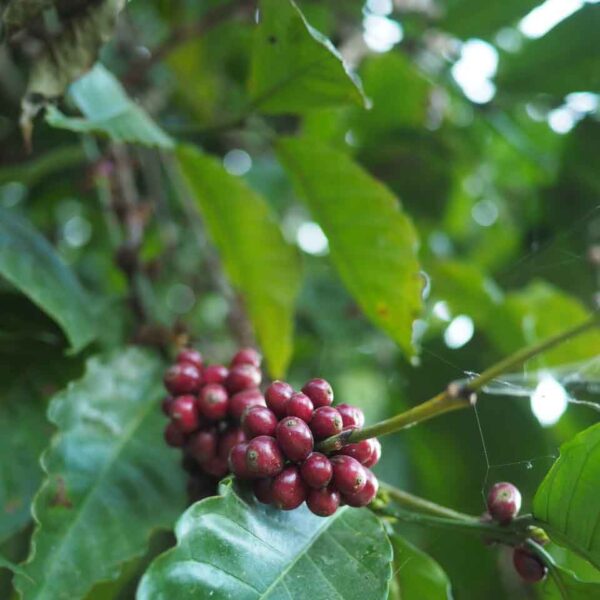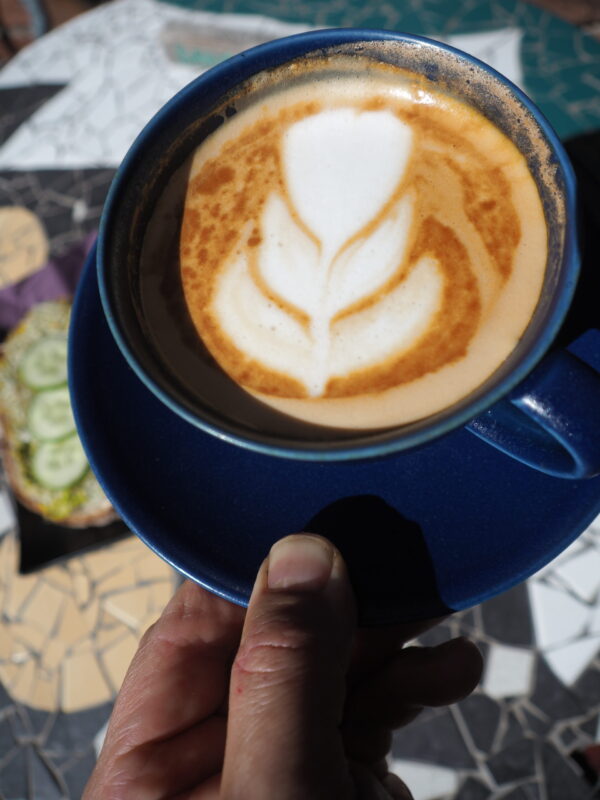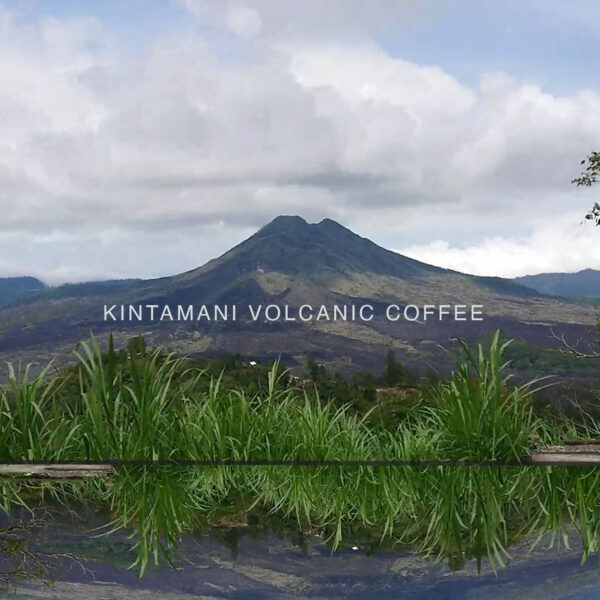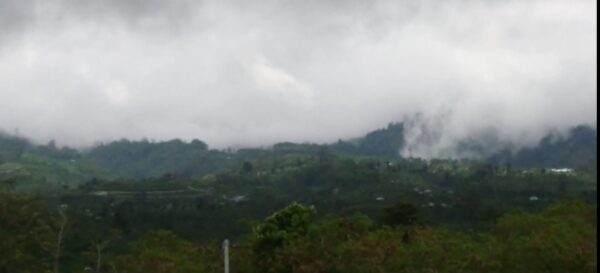Prabhakhan Green Coffee
96,90 € – 387,60 €Hintaluokka: 96,90 € - 387,60 €
This product is an unroasted green coffee bean for home coffee roasters. Farmer Christopher Mathais grows his coffee on the Prabhakha farm, high in the mountainous region of western Ghats. Christopher and his partners grow the rare Arabica-Kent coffee tree sub-variety 1934. The farm processes the Arabica coffee it supplies to the Forest Roastery using natural processing.
Variety and process
Arabica naturalOrigin
1450-1500 m, Karnataka, IndiaPrice breakdown (estimation)
Farmer’s/producer’s cost: 38 %, country of origin’s export costs: 7,8%, import costs: 12 %, transportation: 6%, storage: 6%, supplier’s margin: 16,2%, local taxes: 14%The production of speciality coffee starts with the collectors hand-picking only the ripe coffee beans during the three collection rounds. This meticulous handwork requires skill and time, but is essential to the realisation of a naturally processed speciality coffee. The coffee berries are picked when they are evenly ripe and then spread out in the sun to dry. During the drying process, the coffee bean ferments. Before drying, the farmer Kristopher carries out a further operation in which the picked berries are soaked overnight in water barrels. This is done to allow the coffee to ferment effectively, any berries at the wrong stage of ripeness or with defects will rise to the surface and be collected from the batch. Otherwise, the production process does not consume water or fossil fuels. The result is a high quality, aromatic and ecological coffee.
After picking and water barrel fermentation, the berries are placed in the sun to dry, first on raised ‘beds’ for 2-4 days, followed by drying on the ground in the field in the sun for 4-8 days. During the drying process, fermentation of the coffee bean takes place, which in natural coffee is carried out by the bean’s own liquids, sugars and enzymes, unlike in washed coffee, where fermentation takes place in water tanks, which also consumes significant amounts of water.
Natural coffee production does not use water resources or fossil fuel powered pulpers. This makes natural processing a significantly more ecological production method. Natural coffee has a berry, acidic and citrusy aroma due to its processing method.
More about this very special coffee in the ‘More about the farm’ section and on Youtube (Forest Roastery).
| Paino | 0,3 kg (kilogramma) |
|---|---|
| Alkuperä | India Tamil Nadu 1450m – 1900m |
| Lajike | Arabica Natural |
